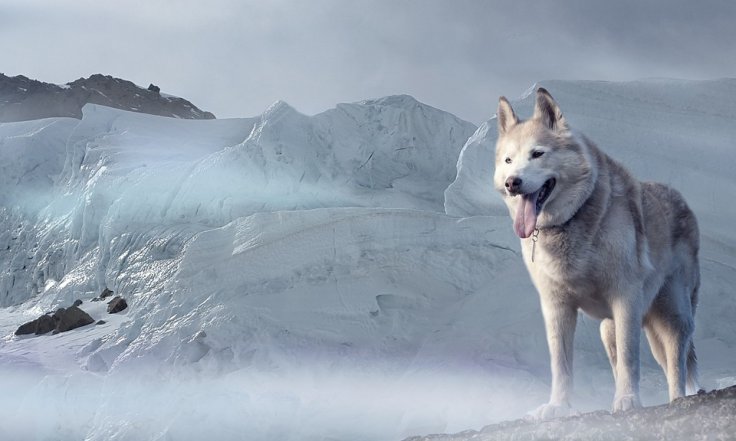
In a new study, researchers found that an increase in sea ice in a cold climate might lead to a devastating change in climate and can lead to another ice age. Researchers suggest that an increase in sea ice will alter ocean circulation and eventually cause a reverse greenhouse effect with carbon dioxide levels increasing in the ocean and decreasing in the air.
"One key question in the field is still what caused the Earth to periodically cycle in and out of ice ages," said Malte Jansen, University of Chicago professor and the study's co-author. "We are pretty confident that the carbon balance between the atmosphere and ocean must have changed, but we don't quite know how or why."
The known last major ice was about 2.5 million years ago and ended at the end of the Pleistocene era. "The most plausible explanation is that there was some change in how carbon was divided between the atmosphere and the ocean," Jansen explained. "There's no shortage of ideas about how this happens, but it's not quite clear how they all fit together."

According to some researchers, a mini-ice age might have occurred about 12,800 years ago and was likely due to an asteroid impact that "rocked the Northern Hemisphere," leading to the Younger Dryas climate event. No one would like such a condition ever again. Jansen mentioned that around Antarctica, the Southern Ocean "plays a key role in ocean circulation" because of the deep waters in the region.
Alice Marzocchi, one of the lead authors of the study published in the scientific journal Nature Geoscience said: "What this suggests is that it's a feedback loop." Marzocchi added. "As the temperature drops, less carbon is released into the atmosphere, which triggers more cooling."
The former UChicago postdoctoral researcher Marzocchi and Jansen came to the conclusion after developing computer simulations of Antarctica sea ice and they found that it not only changes the circulation of the ocean but behaves like a lid and stops it from releasing carbon dioxide into the air, resulting in less carbon in the air making the planet cooler. "What surprised me is how much of this increased storage can be attributed to physical changes alone, with Antarctic sea-ice cover being the key player," Marzocchi further explained.









